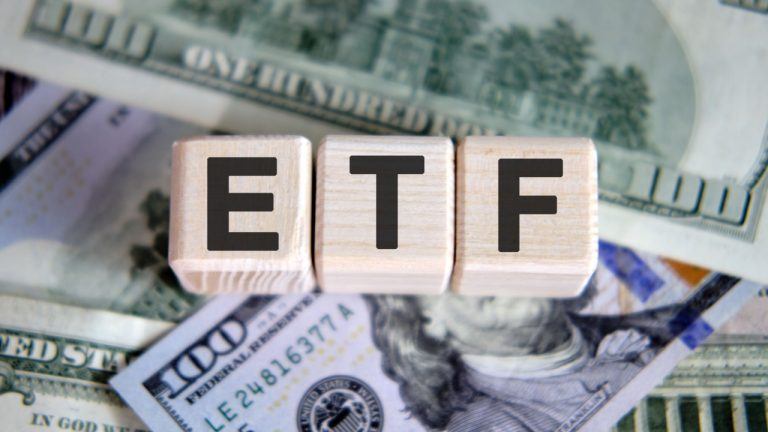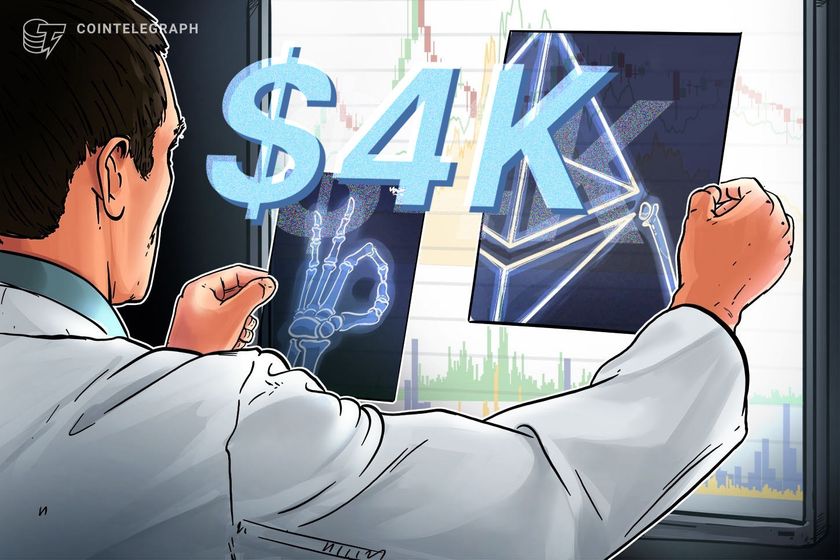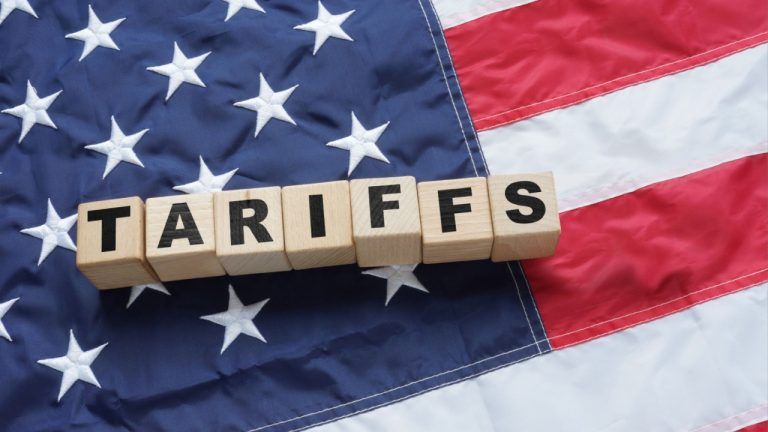
SEC ends three-year investigation into Bitcoin L2 Stacks and its developer with no enforcement action
Key Takeaways
- The US SEC concluded a 3-year investigation into Hiro Systems and Stacks.
- The outcome is seen as a win for the crypto industry, following a similar investigation closure with Paxos.
Share this article
The US Securities and Exchange Commission (SEC) has wrapped up its investigation into Stacks, the layer 2 network built on top of Bitcoin, and its developer Hiro Systems with no enforcement action, said Muneeb Ali, Stacks’ co-creator. The investigation spanned three years and was focused on whether Stacks tokens in early offerings were securities.
Hiro Systems, formerly known as Blockstack, is a company that develops blockchain technology. In 2018, it launched the first version of the Stacks chain, with its eponymous token (STX).
Initially, the company treated the STX tokens it sold as securities. A portion of the tokens were sold directly to the public under a limited offering under the SEC’s Regulation A+. Other segments of the offering targeted accredited investors or international investors.
Early in 2021, Hiro transitioned the Stacks network to a new version with an updated consensus mechanism. Hiro believed the Stacks blockchain was now fully decentralized as the firm was no longer providing “essential managerial services” to the network.
Due to the transition, Hiro Systems claimed the STX tokens were no longer needed to be treated as securities. The SEC, however, did not accept Hiro’s explanation and launched an investigation into the firm.
The SEC has now dropped the investigation against Hiro Systems and Stacks and indicated it will not pursue enforcement action.
Ali expressed relief that the investigation into Stacks was over. However, he believes the US needs a better system for regulating the crypto industry.
“We’re pleased that the SEC dropped the investigation after this time and effort. This is the best outcome a company in our industry could ask for, but the US can do better,” Ali stated. “We need a regulatory system that meets builders of innovative open protocols where they are. We’ll continue working with policymakers and developers to help make this happen.”
The decision marks the second legal win for the crypto industry against the SEC this week. It follows the recent announcement by the SEC that it closed its investigation into Paxos, with no securities charges filed against BUSD, a Paxos-issued stablecoin.
However, the legal battle between the SEC and the crypto industry continues. The SEC still has ongoing lawsuits against major crypto exchanges like Coinbase, Binance, and Kraken. Additionally, blockchain infrastructure builders such as Consensys and Uniswap Labs remain targets of the regulator.
Share this article
Go to Source
Author: Vivian Nguyen









